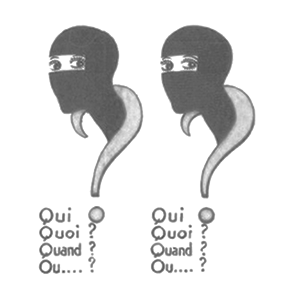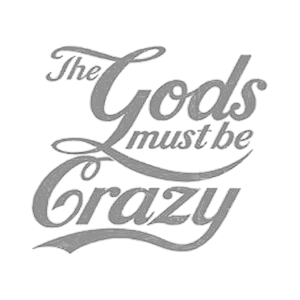A memory hole is any mechanism for the alteration or disappearance of inconvenient or embarrassing documents, photographs, transcripts, or other records, such as from a web site or other archive, particularly as part of an attempt to give the impression that something never happened.
The concept was first popularized by George Orwell’s dystopian novel ‘Nineteen Eighty-Four,’ in which the memory hole is a small chute leading to a large incinerator used for censorship.
read more »
Memory Hole
Commodity Fetishism
In Karl Marx’s critique of capitalism, commodity fetishism is theory that objects are imagined to dictate the social activities that produce them. When the social relationships among people are expressed with objectified economic relationships, the subjective, abstract aspects of economic value are transformed into objective, real things that people believe have intrinsic value (reification).
In a capitalist society, social relations between people—who makes what, who works for whom, the production-time for a commodity, et cetera—are perceived as economic relations among objects, that is, how valuable a given commodity is when compared to another commodity. Therefore, the market exchange of commodities masks the true economic character of the human relations of production, between the worker and the capitalist.
read more »
Fetishism
A fetish (from Latin ‘facticius,’ ‘artificial’ and ‘facere,’ ‘to make’) is an object believed to have supernatural powers, or in particular, a man-made object that has power over others. Essentially, fetishism is the emic (intracultural) attribution of inherent value or powers to an object. Initially, the Portuguese developed the concept of fetishism to refer to the objects used in religious cults by West African natives.
The concept was popularized in Europe circa 1757, when French scholar Charles de Brosses used it in comparing West African religion to the magical aspects of ancient Egyptian religion. Later, French philosopher Auguste Comte employed the concept in his theory of the evolution of religion, wherein he posited fetishism as the earliest (most primitive) stage, followed by polytheism and monotheism.
read more »
Cargo Cult
A cargo cult is a religious practice that has appeared in many traditional pre-industrial tribal societies in the wake of interaction with technologically advanced cultures. The cults focus on obtaining the material wealth (the ‘cargo’) of the advanced culture through magic and religious rituals and practices.
Cult members believe that the wealth was intended for them by their deities and ancestors. Cargo cults developed primarily in remote parts of New Guinea and other Melanesian and Micronesian societies in the southwest Pacific Ocean, beginning with the first significant arrivals of Westerners in the 19th century.
read more »





